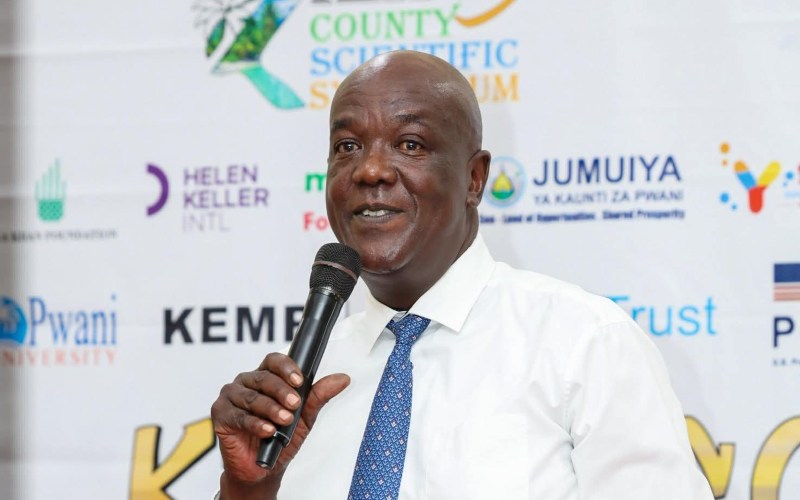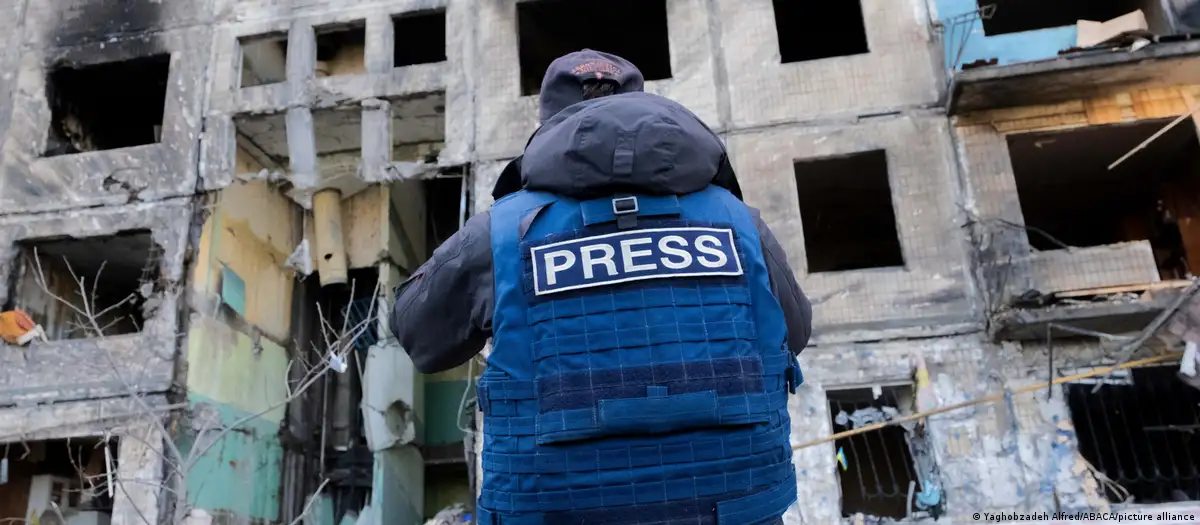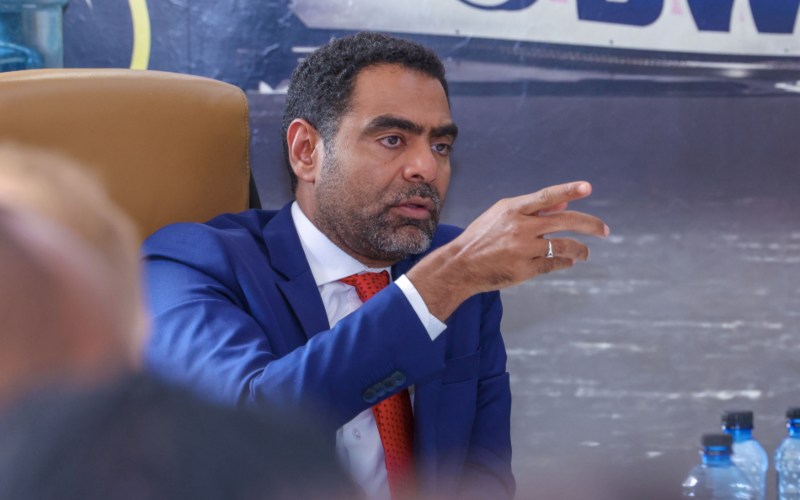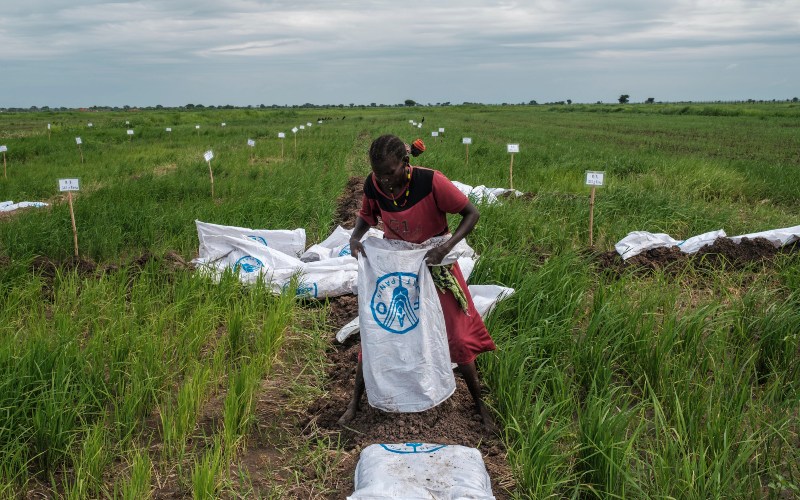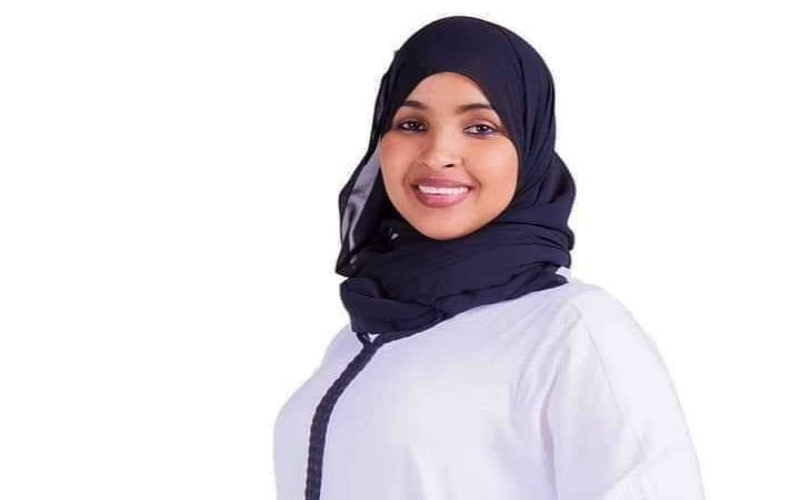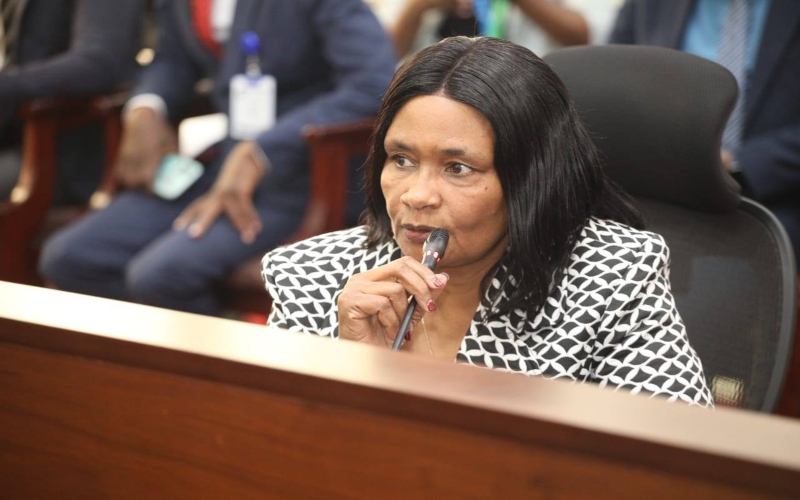Gender and Equality Commission launches study to improve girls' education in marginalised regions
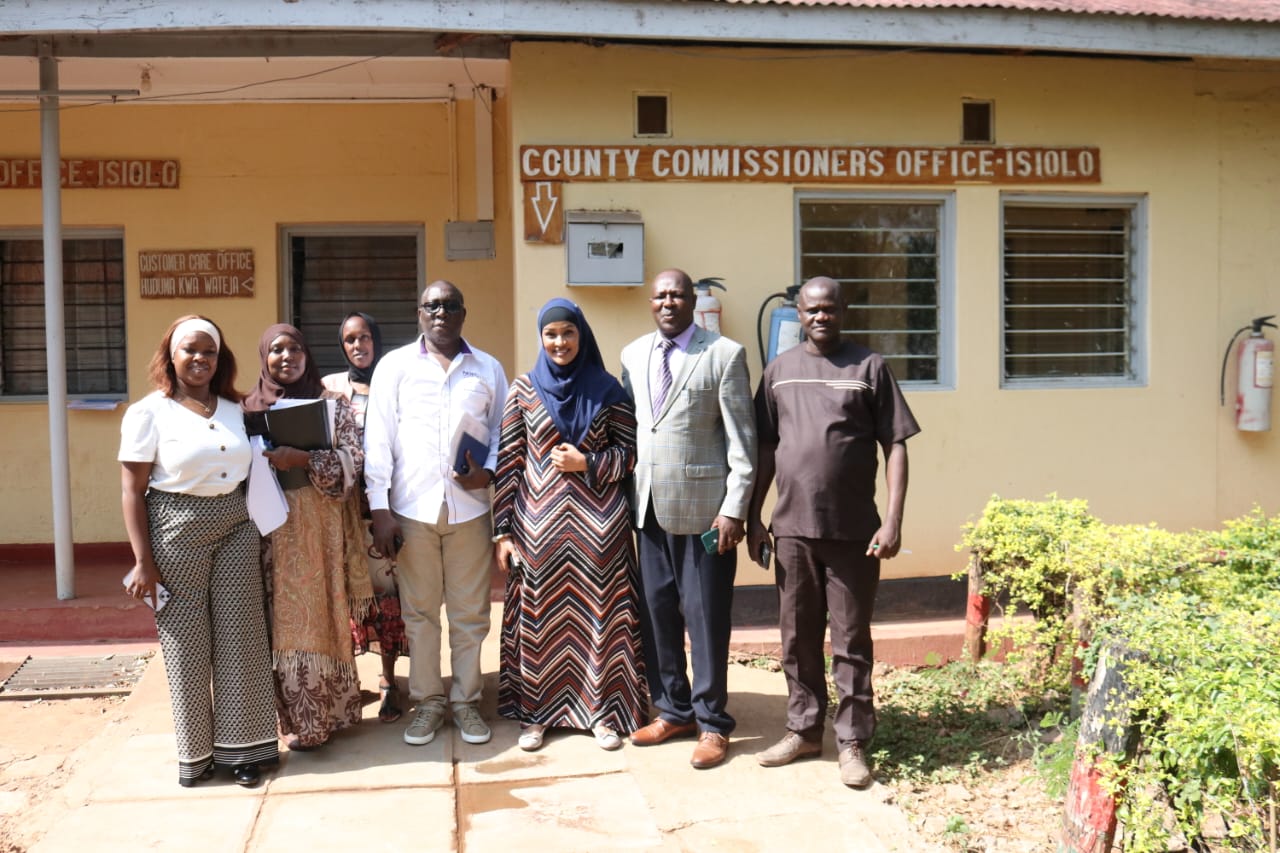
The exercise, which will be undertaken in counties including Isiolo, Marsabit, Turkana, and Mandera, will focus on enrolment, retention, transition and learning outcomes, to generate evidence to shape national and county policies.
The Kenya National Gender and Equality Commission (NGEC) has launched a countrywide study to assess the state of girls’ education in marginalised and minority communities, in a bid to inform stronger policy interventions.
The exercise, which will be undertaken in counties including Isiolo, Marsabit, Turkana, and Mandera, will focus on enrolment, retention, transition and learning outcomes, to generate evidence to shape national and county policies.
More To Read
- Senate flags surge in hate speech ahead of 2027 polls
- Government tables Bill to boost inclusion of marginalised communities
- Deaf Kenyans still locked out of education, healthcare despite sign language recognition- NGEC
- Equality Commission condemns Geoffrey Mosiria for 'exploiting vulnerable street child', calls for action
- 12 marginalised counties receive Sh4.46 billion boost in new revenue allocation
- Sh940m for sanitary towels as state ups GBV, FGM and women empowerment funding
NGEC Chairperson Rehema Jaldesa said the study is not merely a routine research activity but a strategic measure to bridge persistent gaps in access to education.
“Our mission is to identify the barriers that prevent girls from thriving in school and to amplify the opportunities that exist for them to flourish,” she said.
“The findings will inform policy formulation, resource allocation, and targeted interventions aimed at ensuring no child is left behind.”
Speaking during the launch in Isiolo, Jaldesa highlighted that the survey coincides with the reopening of schools for the third term, a critical season for national examination candidates. She noted that insufficient capitation, the government funding allocated per child, has often left schools struggling to provide basic learning conditions.
“We emphasise the need for full resourcing of capitation so that schools can provide a stable, safe, and dignified environment for learners,” Jaldesa told education stakeholders.
“When schools are underfunded, it is girls who suffer the most, either through absenteeism, early dropouts, or poor preparation for exams.”
Jaldesa added that education is a constitutional right, reminding authorities that underfunding denies children not only academic opportunities but also their dignity.
“Education is not merely about classrooms and textbooks; it is about investing in the future of our nation,” she said.
According to NGEC, girls in marginalised regions continue to face numerous challenges, including poverty, early marriages, and cultural norms that deprioritise education. Many children, especially in arid and semi-arid areas such as Isiolo, Marsabit, Turkana, and Mandera, balance schooling with domestic duties or livestock herding.
Prolonged droughts and climate-related shocks have also worsened the situation, making it difficult for families to afford essentials like uniforms, sanitary towels and transport to school. These challenges, NGEC said, often result in missed classes or girls dropping out entirely.
“Marginalisation is not just about geography; it is also about the silent barriers within communities. If we do not address these issues holistically, we risk perpetuating cycles of poverty and inequality,” Jaldesa said.
She stressed that the success of the study and of girls’ education in general depends on collaborative action. Jaldesa called on county governments, teachers, parents, faith leaders, and community elders to dismantle cultural, social and structural barriers that hinder girls’ progress.
“The responsibility of educating our children does not rest solely on schools or the government,” she said.
“It requires a village-wide commitment where communities recognise that every child, regardless of gender, deserves the chance to reach their full potential.”
She also urged the private sector and development partners to support girls’ education through mentorship programs, bursaries, and community awareness campaigns, ensuring inclusivity.
Isiolo County Director of Education Caroline Mugo praised NGEC’s efforts, describing the study as both “timely and necessary.”
She highlighted that the Ministry of Education has been actively implementing the re-entry policy, allowing girls who dropped out due to pregnancy, child labour or family hardships to return to school.
Top Stories Today

